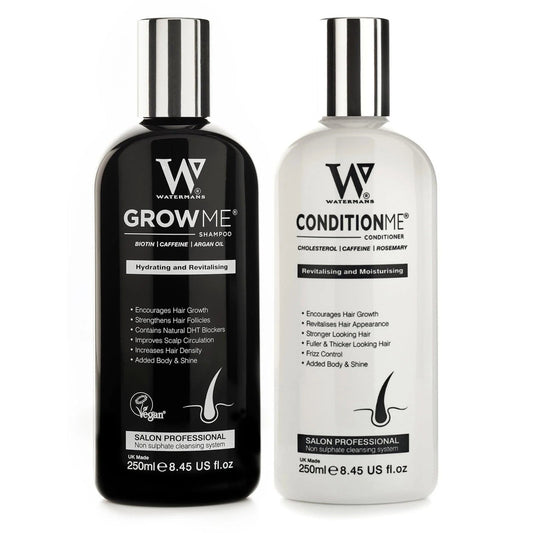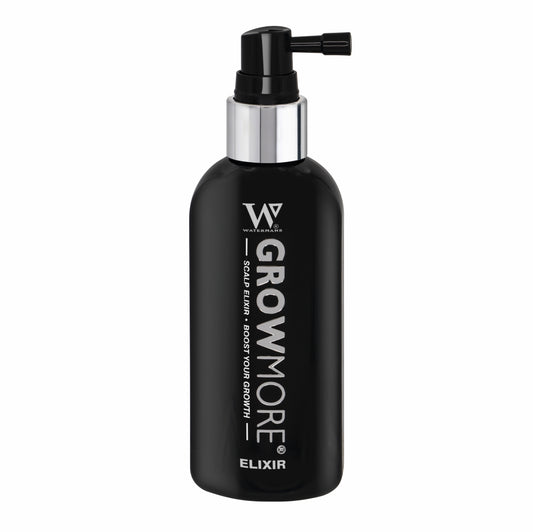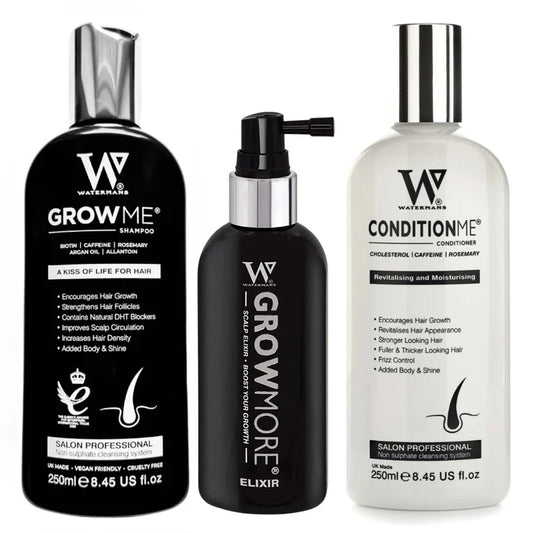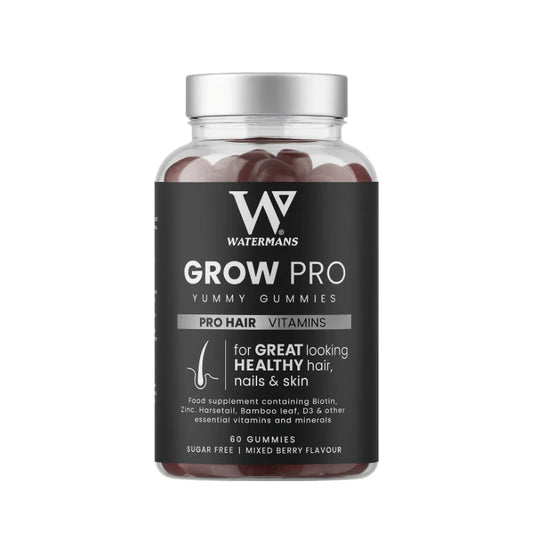Unlocking Wellness: Understanding Nutritional Malabsorption and Its Impact on Your Health
Share

Nutritional malabsorption occurs when your body cannot properly absorb nutrients from the food you consume. This condition can lead to various health problems, including fatigue, weight loss, and hair loss, ultimately affecting your overall wellness. In this article, we will explore the causes, symptoms, effects on health, and ways to address nutritional malabsorption. Whether you’re an adult seeking knowledge for yourself or a parent wanting to ensure your children receive adequate nutrition, understanding this topic is crucial.
What is Nutritional Malabsorption?
Nutritional malabsorption is a term used when the intestines fail to absorb certain essential nutrients from the food you eat. This can happen for several reasons, such as digestive disorders, infections, or issues with the intestines themselves. When nutrients aren’t absorbed efficiently, your body lacks what it needs to function optimally, which can lead to serious health conditions.
Types of Nutritional Malabsorption
- Carbohydrate Malabsorption: This occurs when the body cannot break down carbohydrates fully, leading to symptoms like bloating, diarrhea, and gas.
- Fat Malabsorption: When the body has difficulty absorbing fats, it can result in greasy stools or diarrhea. Conditions like pancreatitis or liver disease can lead to this type of malabsorption.
- Protein Malabsorption: This is when the body is unable to absorb essential proteins, which can lead to muscle wasting and immune dysfunction.
Causes of Nutritional Malabsorption
There are several underlying factors that can contribute to nutritional malabsorption, including:
1. Celiac Disease
Celiac disease is an autoimmune disorder where ingestion of gluten leads to damage in the small intestine. This damage impairs nutrient absorption and can lead to malnutrition.
2. Crohn’s Disease
This inflammatory bowel disease affects the digestive tract, causing severe inflammation that can hinder nutrient absorption.
3. Infections
Certain infections, such as giardiasis, can disrupt the intestinal lining, leading to malabsorption.
4. Chronic Pancreatitis
The pancreas produces enzymes essential for digesting food. If these enzymes are not produced adequately, it can hamper nutrient absorption.
5. Intestinal Surgery
People who have had surgeries on their intestines or digestive systems may experience malabsorption due to the altered structure of their intestines.
Symptoms of Nutritional Malabsorption
Recognizing the symptoms of nutritional malabsorption is critical for early intervention. Common symptoms include:
- Diarrhea: Frequent, loose stools are often the first noticeable sign.
- Weight Loss: Without proper nutrient absorption, losing weight becomes unavoidable.
- Fatigue: Insufficient nutrient intake can lead to low energy levels.
- Hair Loss: Lack of essential vitamins and minerals can lead to hair thinning and loss.
- Bloating and Gas: Undigested food can ferment in the intestines, leading to these uncomfortable sensations.
- Skin Issues: Rashes, acne, or dermatitis can develop due to deficiencies in certain vitamins, like vitamin A and D.
The Link Between Malabsorption and Hair Loss
Did you know that deficiencies in certain vitamins and minerals can cause significant hair loss? When your body is unable to absorb the nutrients it needs, it can directly influence hair health. For instance, lack of iron, zinc, and B vitamins can lead to thinning hair or even bald patches. One of the best approaches to counteract hair loss due to malabsorption is using targeted natural hair care products.
Combatting Hair Loss with Natural Solutions
If you’re experiencing hair loss, we highly recommend trying Watermans Grow Me Shampoo. Packed with biotin, rosemary, caffeine, niacinamide, argan oil, allantoin, and lupin protein, this shampoo is known for energizing the scalp and volumizing hair from the roots, offering a natural pathway to boost hair growth without the use of medication.
Diagnosing Nutritional Malabsorption
Diagnosis starts with a thorough medical history and physical examination. Your healthcare provider may recommend several tests to assess nutrient absorption levels, including:
- Blood Tests: To measure levels of nutrients, hormones, and proteins.
- Stool Tests: To evaluate fat content and detect undigested food.
- Endoscopy: A procedure that allows doctors to look at the intestinal lining and take tissue samples.
Treatment Options for Nutritional Malabsorption
Once the underlying cause has been identified, the treatment plan may involve several strategies, such as:
1. Dietary Modifications
Tailoring your diet can help address specific deficiencies. For instance, people with celiac disease must eliminate gluten from their diet to manage their condition effectively.
2. Nutritional Supplements
For those unable to consume certain nutrients, supplements can help restore balance. Always consult a healthcare professional before starting new vitamins.
3. Medications
For certain conditions, medication may be necessary to treat inflammation or infection affecting absorption.
4. Probiotics
Adding probiotics to your regimen can improve gut health and enhance nutrient absorption.
Lifestyle Changes to Enhance Nutrient Absorption
In addition to medical intervention, adopting a healthy lifestyle can support nutrient absorption efforts. Here are some tips:
- Stay Hydrated: Drinking plenty of water aids digestion and nutrient transport.
- Eat Smaller, Frequent Meals: This can enhance nutrient uptake and minimize digestive discomfort.
- Focus on Whole Foods: Incorporate various fruits, vegetables, lean proteins, and whole grains into your diet.
Did You Know?
- A Deficiency in Vitamin D can affect hair growth: Research suggests that low levels of Vitamin D may be linked to hair loss.
- Celiac disease bars nutrient absorption: Approximately 1 in 100 people worldwide are affected by celiac disease, hindering their nutritional intake.
- Gut health directly influences nutrient absorption: A healthy gut microbiome is crucial for breaking down food and absorbing nutrients effectively.
Frequently Asked Questions (Q&A)
Q1: Can nutritional malabsorption lead to chronic fatigue?
Yes, when essential nutrients are not absorbed, it can lead to fatigue and other health issues.
Q2: What are some common symptoms of malabsorption?
Common symptoms include diarrhea, weight loss, fatigue, bloating, and hair loss.
Q3: How is nutritional malabsorption diagnosed?
Diagnosis typically involves blood tests, stool tests, and possibly an endoscopy to examine the intestines.
Q4: Can children experience nutritional malabsorption?
Absolutely. Children can suffer from malabsorption due to conditions such as cystic fibrosis or food allergies.
Q5: Are supplements enough to combat malabsorption?
Supplements can help, but consulting a healthcare provider is crucial to address the cause of malabsorption effectively.
Q6: Will increasing dietary fats help with malabsorption?
While certain fats are essential for nutrient absorption, increasing fat intake should be discussed with a healthcare professional, particularly in cases of fat malabsorption.
Q7: How long does it take to recover from nutritional malabsorption?
Recovery time varies depending on the underlying cause and proper treatment, ranging from weeks to several months.
Q8: Can probiotics help nutrient absorption?
Yes, probiotics can improve gut health and may enhance nutrient absorption over time.
Q9: What natural remedies can support nutrient absorption?
Incorporating a diet rich in whole foods, fruits, and vegetables, along with probiotics and possibly digestive enzymes, can help.
Q10: Is Watermans Grow Me Shampoo effective for hair loss due to malabsorption?
Yes, it can be effective, as it contains essential ingredients that invigorate the scalp and promote hair growth.
In summary, understanding nutritional malabsorption is vital for maintaining health and well-being. Whether you're experiencing symptoms yourself or seeking to educate others, gaining awareness about the importance of nutrient absorption can create a healthier lifestyle. Always consider incorporating natural solutions like Watermans Grow Me Shampoo as part of your hair care routine for healthier hair!



